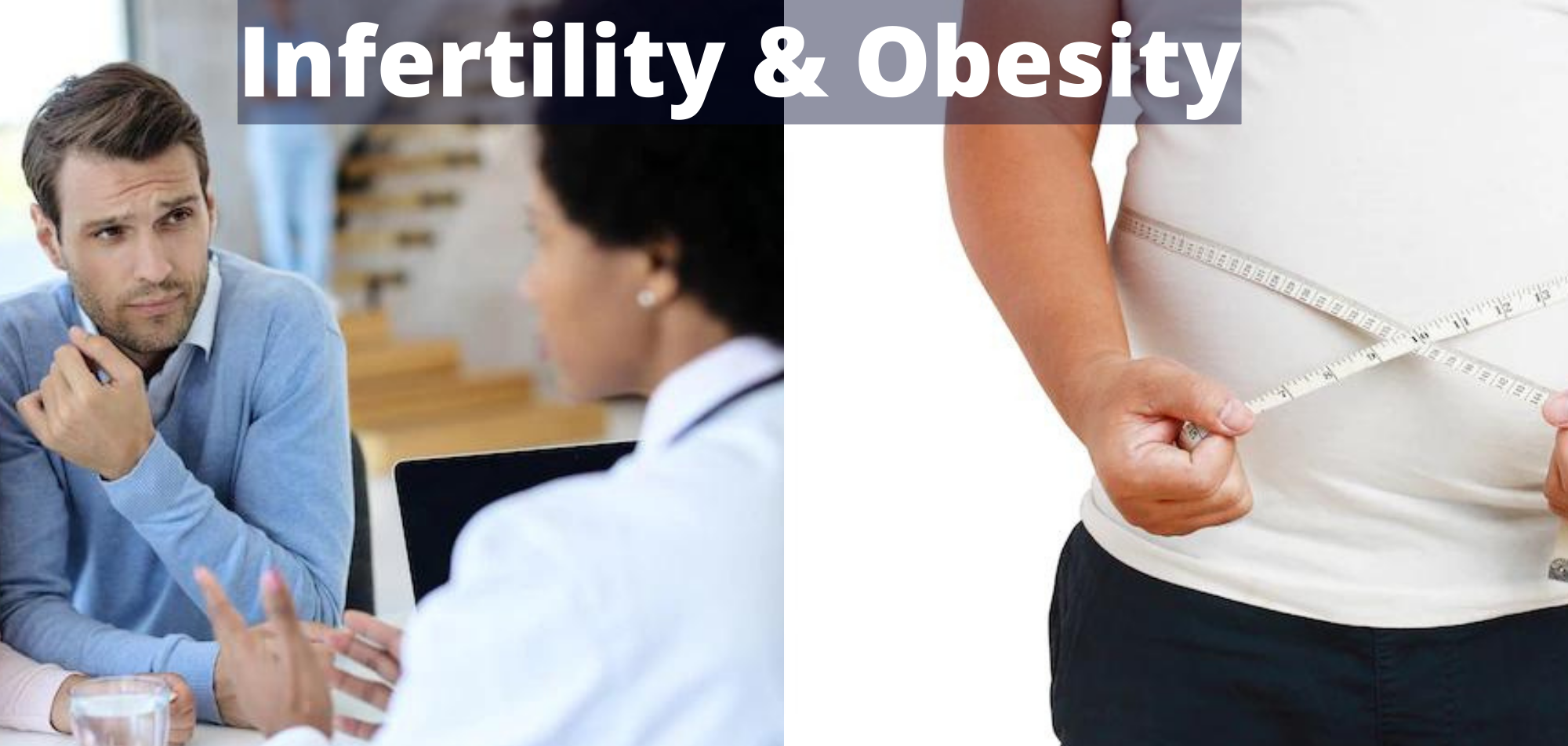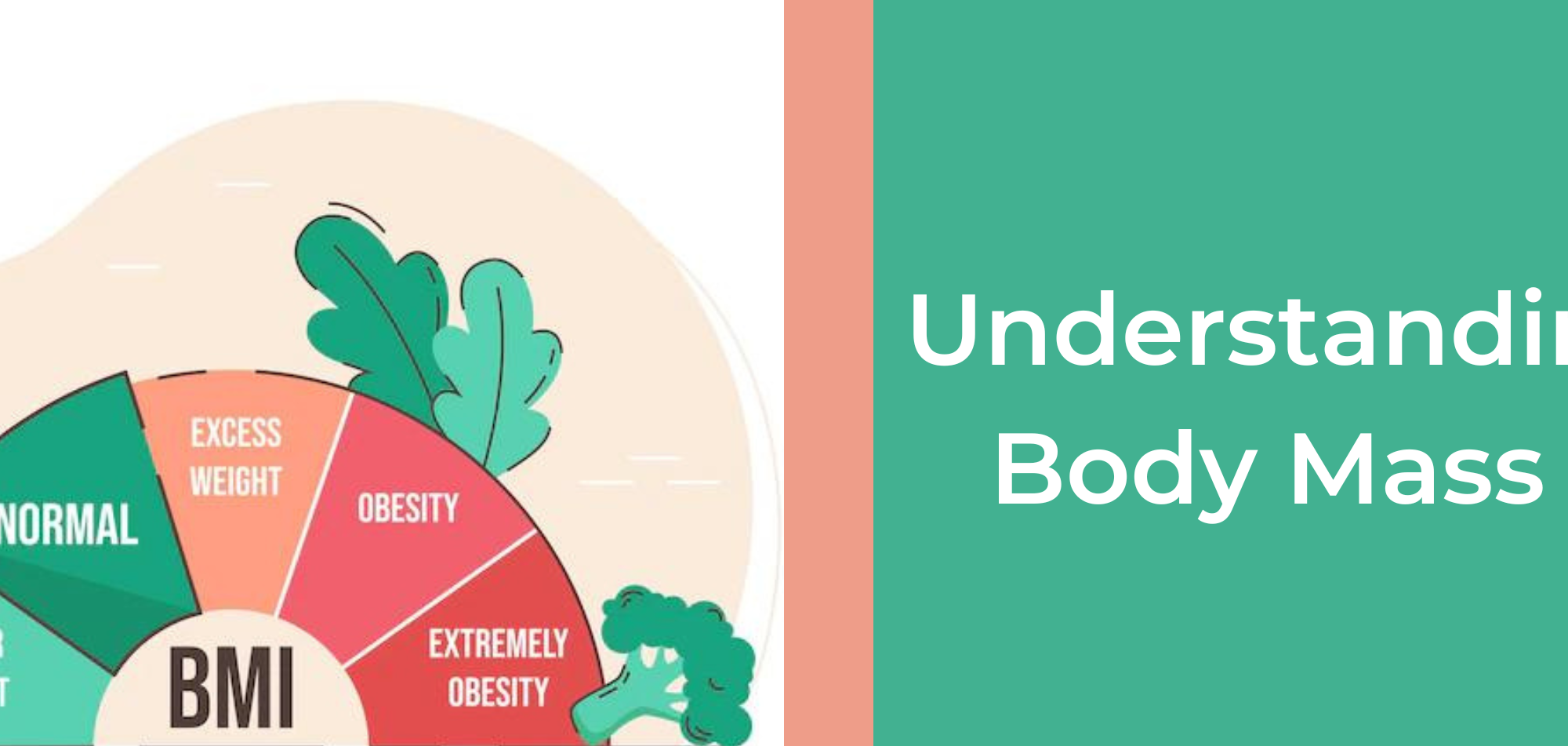PCOS is a hormonal condition where people have multiple cysts in their ovaries, caused by an overproduction of hormones called androgens.
Research suggests that between 33 percent and 83 percent of women living with PCOS experience overweight or obesity. Poor insulin regulation and chronic inflammation results in PCOS symptoms. The other common symptoms include
acne, hirsutism or excessive hairiness, and male pattern baldness. It is the hormonal imbalance that causes irregular periods, weight gain, hair loss, acne, high blood pressure, mood swings; etc.
When symptoms are not managed people with PCOS they could also be at greater risk of heart disease, endometrial cancer, diabetes, high blood pressure.
Most people with PCOS condition are able to manage their symptoms. At Tatkshana we reduce the risk of other health-related concerns with changes to their diet and lifestyle.
Treatment of infertility in Ayurveda at Tatkshana Ayurveda Hospital is done through Panchakarma Therapy for PCOS/PCOD to improve fertility. Ayurveda treatment at Tatkshana Ayurveda Hospital, the Best Ayurveda Hospital, Bangalore, mainly focuses on the body’s purification after which the therapy is initiated. Ayurveda is a holistic health system that includes diet, lifestyle, and spiritual beliefs and there is an effective treatment for PCOD & PCOS available in Ayurveda at Tatkshana Ayurveda Hospital. Treatment of infertility in Ayurveda prioritizes the balance of the mind, body, and spirit. Ayurveda can help people to lead healthy and happy life naturally.
Sugar
Sugar/sucrose is composed of 50% of fructose and 50% glucose and disrupts insulin regulation and causes inflammation.
Carbohydrates
The glycemic index (GI) of a food is defined as the rate at which it causes a rise in blood glucose levels. Higher GI leads to higher responding insulin levels. We generally consume high-fiber and low-GI carbohydrate foods such as root vegetables. It is stated that regular consumption of high-GI, glucose-rich foods causes insulin resistance thus making the PCOS condition worse. Foods or things to avoid in PCOS include French fries, white rice, pasta, and any food item that is high in sugar. Baked goods and food items made from white flour should also be avoided.
Gluten
Gluten is a product found in wheat, barley, and rye, considered to be the trigger for celiac disease. There is a different kind of gluten intolerance called non-celiac gluten sensitivity that is more relevant among women with PCOS.
Dairy
Consuming dairy products is bad for acne and from a health perspective; studies suggest that dairy-related products are not suitable for women with PCOS.
Vegetable Oils
Vegetable oil is processed oils extracted from corn, soybeans, rapeseed or canola, safflower seeds, or cottonseed, and. One of these oils is mostly made use of in fried and processed foods. The intake of these ingredients should be avoided for women with PCOS as they lead to increased inflammation.
Processed Foods
Most processed foods are high in sugar and carbohydrates that disrupt healthy blood sugar regulation in the body. Processed foods also contain dairy, vegetable oils, gluten, and food additives. The consumption of these ingredients causes inflammation.
- Alcohol
From a health and nutritional perspective, alcohol is one drink to avoid. Rare consumption of alcohol is also associated with increased rates of liver disease among women with PCOS. PCOS/PCOD and infertility treatment in Ayurveda is done through Panchakarma treatment in Bangalore, in Tatkshana, the best Ayurveda Hospital, Bangalore.
For more information contact
Tatkshana Ayurveda Hospital.
Call: +91 8722034900, +91 77601 04333
Visit our Website:https://tatkshanaayurveda.com/















